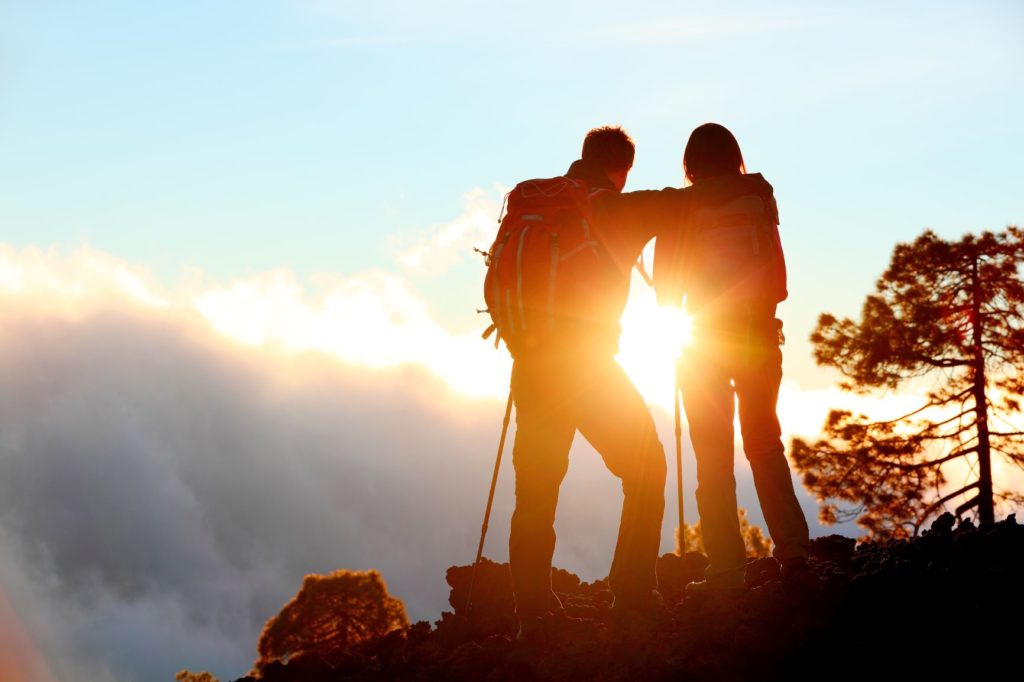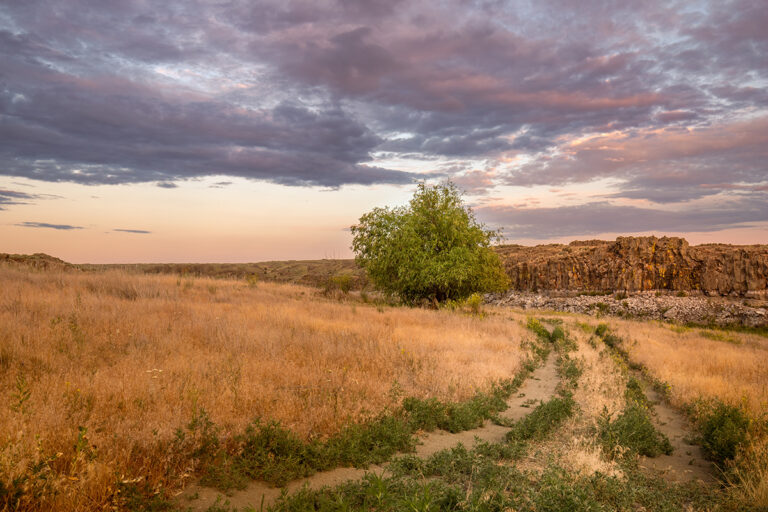I am not a psychologist, but the people who are (which are also the people who get a lot of my money) tell me that it is human nature to want to bond to other humans. Psychologists must generally be surrounded by reasonable humans, and their dads probably never stole bacon off their plates when they weren’t looking.
Some of those bonds we get born into and then spend the rest of our lives trying to understand the dysfunction—but that dysfunction usually doesn’t stop us from relating to them. Research also suggests we’re particularly compelled to bond with people who offer sex or good foot massages, tolerating otherwise unacceptable behaviors (such as drinking decaf coffee) so as not to break the bond. And then there are those we want to go play with: friends, adventure buddies, running partners, and training companions. Most of us are surrounded by humans with whom we’re trying to relate.

Interestingly enough and despite plenty of opportunity, we’re not always really great at relating to the humans in our lives. Sometimes it’s because we’re too busy guarding our bacon, but mostly it’s because we don’t know what the hell is going on with us or anyone else. Interactions with my future spouse often go like this:
“Put the pizza on a tray and set the oven to 350 degrees.”
He reads the instructions on the box, sets the oven to 375. We spend the next 40 minutes arguing about trust, how I’m not a frozen pizza chef, and things like “feeling heard.” There’s a lot of he said, she said, some petty use of semantics, and a fair bit of passive-aggressive blame. And we particularly love everything to be real black or real white as we seek that righteous feeling of being right.
This is what those therapists refer to as “content.” It’s not so useful. In fact, it’s often a distraction from the core issue of “meeting the need.” This matters when you’re lost in the mountains with your adventure buddy, emotions are high, there is only one pouch of salmon jerky left, a bear has been tracking you for miles (whose idea was the salmon jerky anyway?), and suddenly you need to negotiate a plan that you are both totally invested in.
While swear words are useful here, the ability to articulate actual feelings and needs seems to be most conducive to the practice of empathy and finding a solution. While my friend is telling me how afraid she is of steep, exposed granite, I can express my fear of not being able to outrun a hungry bear. In the very least, as we plummet or get mauled to death, we’ll really be able to empathize with each other—totally bonding.
Being known for schlepping the optimistic and unaware into the mountains, the practices of asking, listening, and articulating have been essential to both wilderness survival and the preservation of my friendships. Whether we’re heading out for a bike ride with a group, negotiating an after-adventure beer, or determining who should carry the jerky, offering a bit of our vulnerability and speaking our truths can make all the difference in the experiences we share.
As for me, I’ve begun prefacing outings with, “How would you feel about the potential of going somewhere we totally did not intend and being out for far longer than expected?” Thankfully, my people seem to know me well enough by now to pack their bivy sacks, an extra sleeve of cookies, and an open mind.
Editors’ Note: The Human Adventure is a new column from the warm and irreverent voice of Ammi Midstokke. It chronicles her explorations of the natural world and the human experience.
Ammi Midstokke is a nutritionist and author living in North Idaho. In the Jan-Feb. 2020 issue she wrote about the importance of supporting our mental health.












